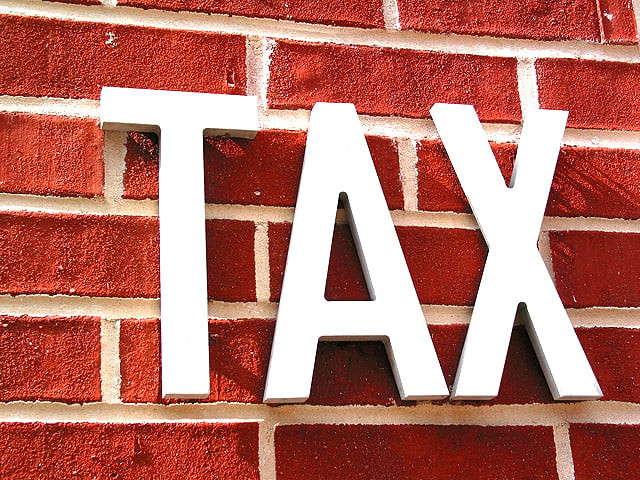Money bills: Senate approves new gas tax
Lawmakers question whether the upper house overstepped its jurisdiction.

The Gas Infrastructure Development Cess Bill, 2011 aims to levy taxes on the consumption of gas by non-residential consumers. It is expected to help the government raise approximately Rs34 billion, in order to help pay for Pakistan’s share of the development expenses of international pipelines that will import gas from Iran and Turkmenistan.
The bill has already been introduced in the National Assembly. It has attracted dissent from several legislators, including Senator Safdar Abbasi from the ruling Pakistan Peoples Party.
“It is nothing but another bombshell on poor farmers,” said Senator Abbasi, who also issued a five-point dissenting note on the matter. He was referring to the fact that the bill distributes the tax unevenly, levying an approximately 94% tax on fertiliser manufacturers (who use gas as their raw material) and only a 3% tax on other industrialists, most of whom use gas to run their captive power generation units.
Abbasi expected the price of locally manufactured fertilisers to go up, and would hurt farmers, particularly in rural Sindh and Punjab.
The senator also said that the Senate voting on the bill before it was presented to the cabinet was a violation of rule 27 (5) of the rules of business 1973.
Senator SM Zafar of the Pakistan Muslim League Quaid, who is also a constitutional expert, appeared to agree.
“The senate cannot pass a money bill. Any financial liability collection of revenue, imposition of any tax, excise duty etc comes as definition of money bill,” said the senator. “The senate can recommend the bill. It is the job of the National Assembly when it passes the bill shall become a law after assent of the president of Pakistan.”
Other lawmakers, however, disagreed. “The bill should not be treated as a money bill,” said Senator Ishaq Dar of the Pakistan Muslim League Nawaz. Despite being a member of the opposition, he supported the bill.
Dar is a member of the finance committee and was quoting the panel’s consensus on the matter. “We recommended it because there is a legal bar on senators to follow the National Assembly Speaker’s ruling. Speaker Fahmida Mirza in her ruling said the bill may be treated as a money bill. Now the court is the only remedy if somebody wants to challenge its legality,” said Dar.
Published in The Express Tribune, November 5th, 2011.



















COMMENTS
Comments are moderated and generally will be posted if they are on-topic and not abusive.
For more information, please see our Comments FAQ